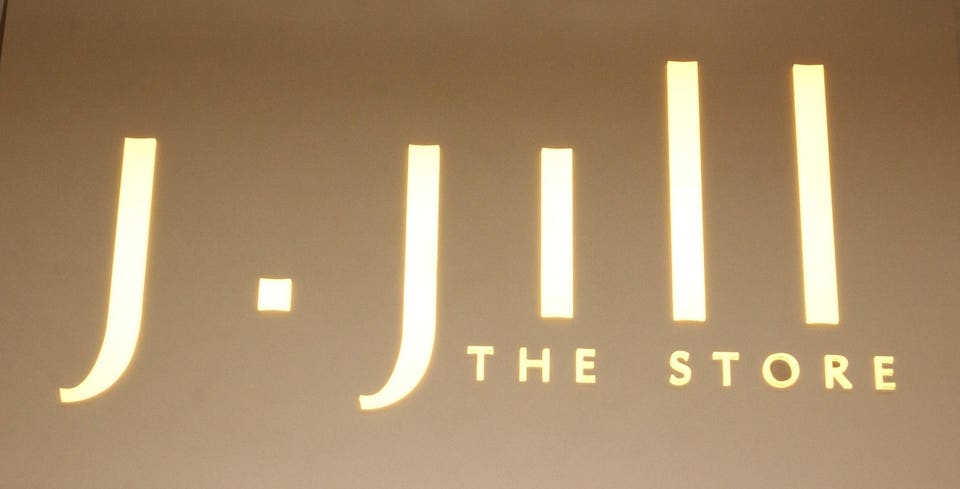
Earnings per share of $0.88 met analysts’ expectations, but revenue of $153.6 million fell short of the anticipated $156.8 million.
New CEO Mary Ellen Coyne is expected to leverage her extensive experience to drive growth, despite current market challenges.
The company offers an annual dividend yield of 1.87%, with a quarterly dividend of 8 cents per share, providing a steady income stream for investors.
J.Jill, Inc. (NYSE:JILL) is a prominent player in the women’s apparel industry, known for its rich history and loyal customer base. The company recently reported its first-quarter financial results for fiscal year 2025. On June 11, JILL announced earnings per share of $0.88, aligning with analysts’ expectations. However, its revenue of $153.6 million fell short of the anticipated $156.8 million.
Mary Ellen Coyne, the newly appointed CEO and President, brings over 30 years of experience in women’s apparel to J.Jill. Her leadership is expected to drive business growth, leveraging the brand’s established market presence. Despite the earnings per share meeting expectations, the revenue shortfall highlights challenges in the current market environment.
Analysts had predicted earnings of $0.88 per share, a decrease from $1.22 per share in the same period last year. The company’s revenue projection was $156.8 million, slightly down from $161.51 million a year ago. This indicates a trend of declining revenue, which may concern investors looking for growth.
J.Jill offers an annual dividend yield of 1.87%, with a quarterly dividend of 8 cents per share. To earn $500 monthly from dividends, an investor would need to own about 18,750 shares, valued at approximately $321,563. This dividend yield provides a steady income stream for investors, despite the company’s revenue challenges.
The company’s financial metrics reveal a price-to-earnings (P/E) ratio of 6.54, suggesting a relatively low market valuation of its earnings. The price-to-sales ratio is 0.42, indicating the stock is valued at 42 cents for every dollar of sales. With a debt-to-equity ratio of 1.97, J.Jill relies heavily on debt financing, which could impact its financial stability.

